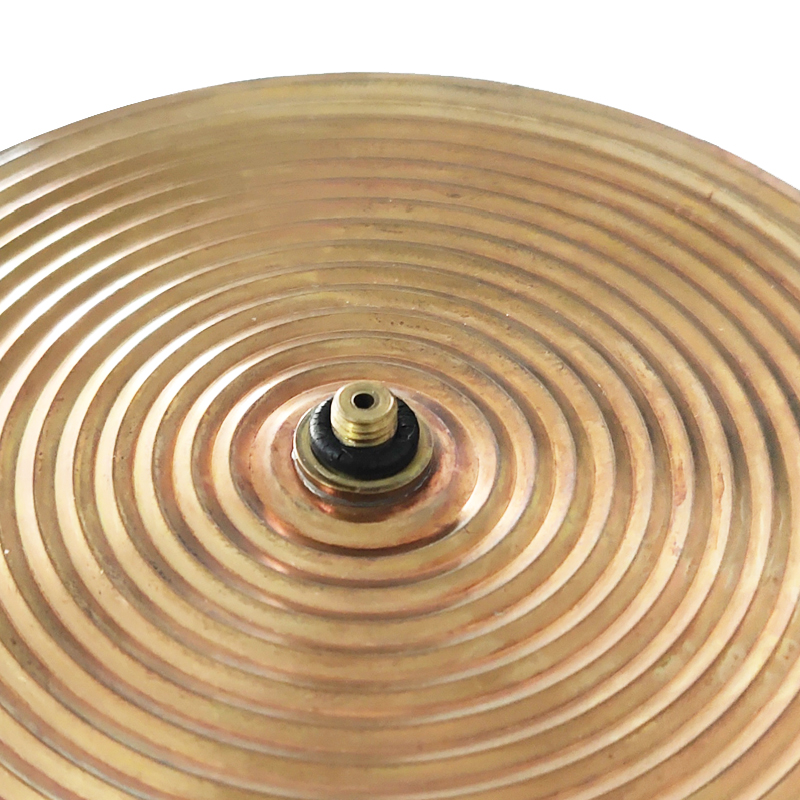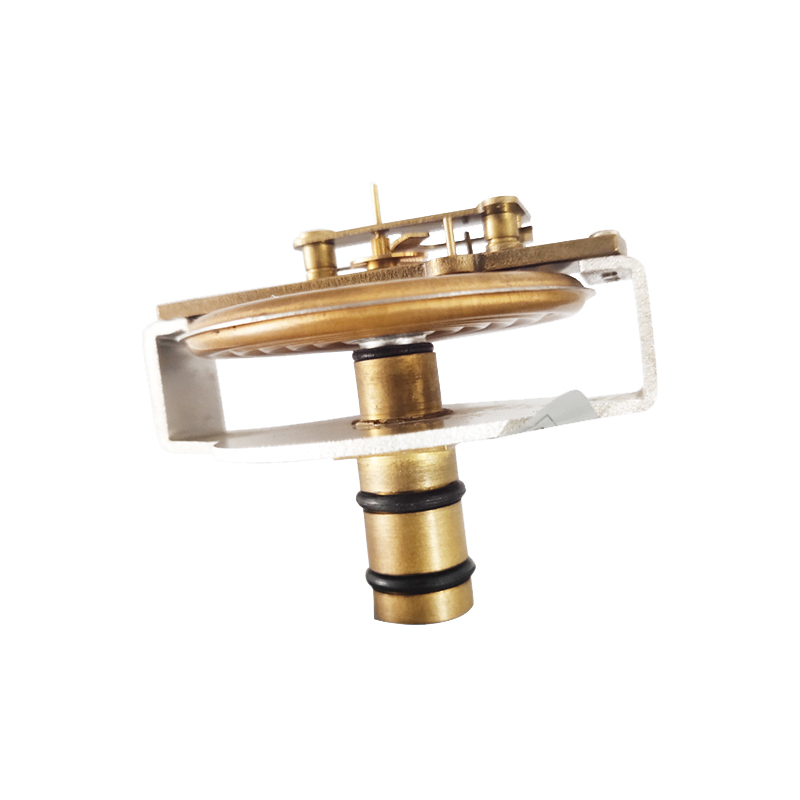
Fev . 17, 2025 14:03 Back to list
Differential Pressure Gauge-Magnetic piston francois typeYCC-80.03(851.3)
Differential and absolute pressure gauges are essential tools used in various industries to measure pressure differences and pressure relative to a perfect vacuum. Understanding the high-quality differences between these two types of gauges can guide professionals in selecting the right tool for specific applications, ensuring accuracy, efficiency, and safety.
Conversely, absolute pressure gauges are indispensable in settings where external conditions vary and thus could influence gauge readings. Their ability to provide true pressure readings irrespective of ambient pressure changes makes them vital in research and development environments, where precise data is critical. For example, in the development of pressurized weather balloons or aerospace applications, absolute pressure gauges ensure that pressure measurements are unaffected by altitude-induced atmospheric pressure changes, thereby providing reliable data for scientific and engineering purposes. In choosing between these two types of gauges, professionals should consider several factors the nature of the process, environmental conditions, and the specific requirements for accuracy and reliability. While both types of gauges are engineered for precision, their applications can differ significantly. For processes where differential pressure monitoring is required, selecting a high-quality differential gauge that can withstand environmental challenges while providing accurate readings is crucial. Meanwhile, for applications necessitating absolute pressure readings, an investment in high-quality absolute gauges equipped with advanced sensor technologies will ensure accuracy and longevity. Expert opinions in the industry emphasize the importance of understanding the unique operational demands of each application before selecting a gauge. Engage with manufacturers and suppliers who offer customization and provide technical support to tailor the gauges to meet specific operational needs. Professionals should also seek out devices tested to international standards, such as those certified by the American Society of Mechanical Engineers (ASME) or the International Organization for Standardization (ISO), which ensure adherence to quality and safety standards. Thus, selecting the appropriate pressure gauge—be it differential or absolute—based on an informed understanding of the distinct functional and high-quality attributes of each can significantly impact operational efficiency and safety across various industries. Making an informed decision supports not only the accuracy of measurements but also enhances the reliability and performance of complex systems.


Conversely, absolute pressure gauges are indispensable in settings where external conditions vary and thus could influence gauge readings. Their ability to provide true pressure readings irrespective of ambient pressure changes makes them vital in research and development environments, where precise data is critical. For example, in the development of pressurized weather balloons or aerospace applications, absolute pressure gauges ensure that pressure measurements are unaffected by altitude-induced atmospheric pressure changes, thereby providing reliable data for scientific and engineering purposes. In choosing between these two types of gauges, professionals should consider several factors the nature of the process, environmental conditions, and the specific requirements for accuracy and reliability. While both types of gauges are engineered for precision, their applications can differ significantly. For processes where differential pressure monitoring is required, selecting a high-quality differential gauge that can withstand environmental challenges while providing accurate readings is crucial. Meanwhile, for applications necessitating absolute pressure readings, an investment in high-quality absolute gauges equipped with advanced sensor technologies will ensure accuracy and longevity. Expert opinions in the industry emphasize the importance of understanding the unique operational demands of each application before selecting a gauge. Engage with manufacturers and suppliers who offer customization and provide technical support to tailor the gauges to meet specific operational needs. Professionals should also seek out devices tested to international standards, such as those certified by the American Society of Mechanical Engineers (ASME) or the International Organization for Standardization (ISO), which ensure adherence to quality and safety standards. Thus, selecting the appropriate pressure gauge—be it differential or absolute—based on an informed understanding of the distinct functional and high-quality attributes of each can significantly impact operational efficiency and safety across various industries. Making an informed decision supports not only the accuracy of measurements but also enhances the reliability and performance of complex systems.
Share
Next:
Latest news
-
Diaphragm Type Differential Pressure Gauges High-Accuracy & Durable Solutions
NewsMay.17,2025
-
Bellow Type Differential Pressure Gauge High Accuracy & Durable Design
NewsMay.17,2025
-
WIKA 700.04 Differential Pressure Gauge Precision Industrial Measurement
NewsMay.17,2025
-
Fire Extinguisher Pressure Gauge Manufacturers Reliable & Certified Suppliers
NewsMay.16,2025
-
Isolation Diaphragm Pressure Gauges High-Precision & Durable Solutions
NewsMay.16,2025
-
Premium Pressure Gauge Precision Instruments Reliable & Durable Solutions
NewsMay.16,2025
